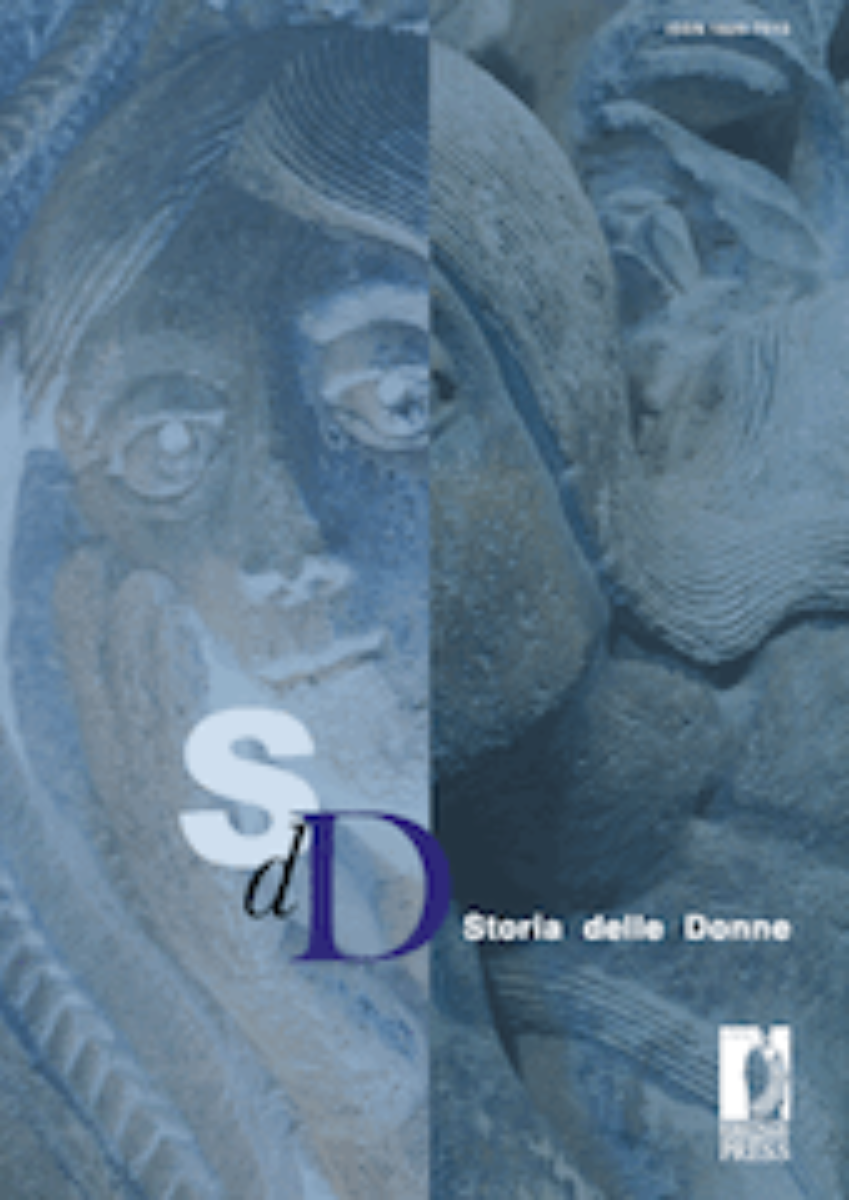Abstract
Winnie Madikizela-Mandela is an iconic woman in South African resistance politics. Not only the wife of Nelson Mandela, she was also a member of the ANC’s armed wing and supported the use of political violence. In the mid-1980s, she was implicated in the kidnapping and murder of young boys in Soweto. At the Truth and Reconciliation Commission in 1997, Madikizela-Mandela denied all allegations. Her testimony highlighted a key question: can women’s political roles be explored outside of the framework of political maternalism? The article uses fragments of interviews, and a recent essay by Madikizela-Mandela in which she presents a narrative account of the impact of imprisonment and political struggle on her life, as archival sources to explore how she made sense of her political actions. The article argues that although the maternalist paradigm is most frequently used to analyse the biography of Madikizela-Mandela, she herself foregrounds her identities as soldier.


